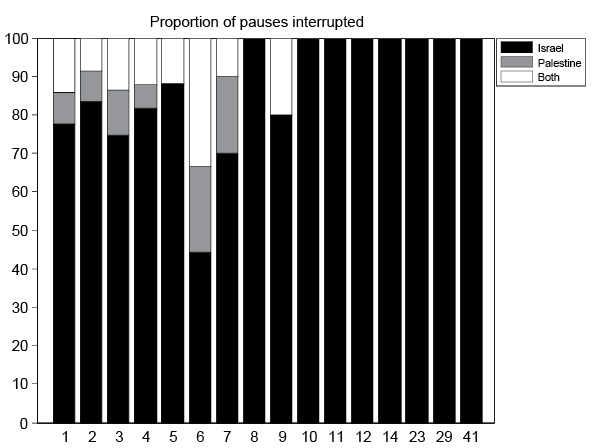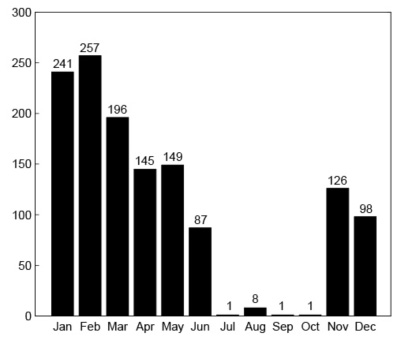5. Another important facet of the recent escalation is that for the first time, there is direct Hamas involvement in the rocket and mortar shell fire. Moreover, Hamas publicly claims responsibility, as do the Palestinian Islamic Jihad, Fatah and the smaller organizations (until now, Hamas did not participate in the rocket and mortar attacks and the other terrorist organizations generally did not publicly claim responsibility for them.) At the same time, Hamas heads and spokesmen publicly stated that their intention was not to end the lull arrangement but to provide “an equal response” to what they call the “Israeli violations.” In addition, even after Hamas had “responded” (as the organization called its attacks) to the Israeli preventive activity, the other terrorist organizations (Fatah, the PIJ, etc.) did not stop attacking but continued sporadic rocket and mortar shell fire into Israel . For example, on the afternoon of November 14 Hamas stopped its fire, and since then the other Palestinian terrorist organizations have continued to fire rockets and mortar shells (while Hamas does not use force to keep them from attacking).
So Fatah was rocketing Israel, Hamas was keeping a truce, and a year later - --- -- ---





